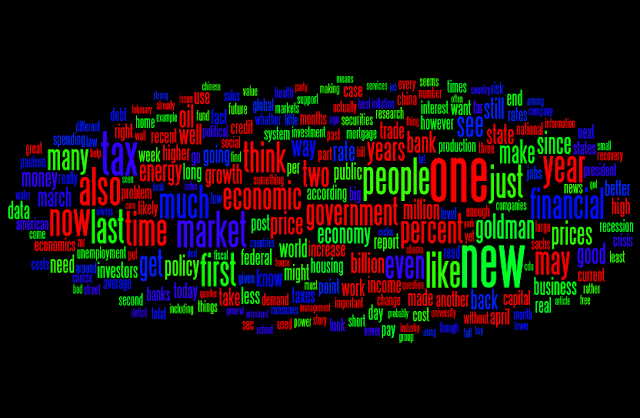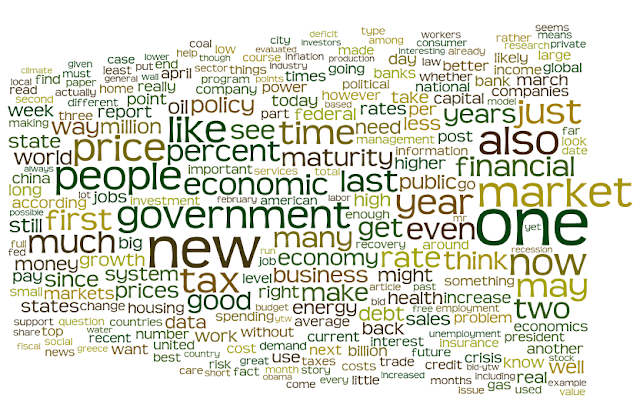Behavioural politics, day 22 of 30
A bit of personal news first: CountMyVote was mentioned on Rory Cellan-Jones' blog and over 7,000 people arrived via that or the twitter links that followed it - an excellent combination of PR and viral marketing. Some very striking results emerged - the Lib Dems are way out in the lead on 62%, with Tories and Labour both in the mid-teens. This of course reflects a very specific demographic on twitter, but more importantly the emergence of a nascent movement, Obama-style. Other campaign news today : The Institute for Fiscal Studies has accused all three parties of hiding from voters the extent of public spending cuts required after the election. I would dispute their economics a little, but the behavioural point is that it creates an opportunity for one party to get some social proof by changing course and publishing a list of cuts which might win IFS approval. The IFS, incidentally, is universally described as a "respected" think tank whenever it's quoted on T...




